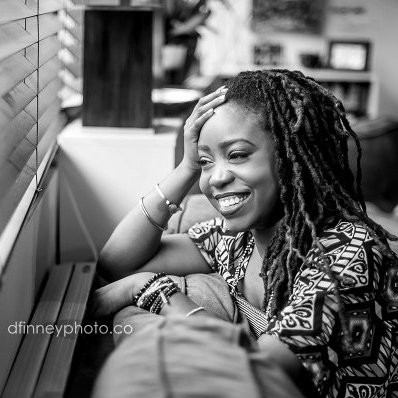
TaDah Foods was founded on the idea of putting your money where your heart is. Five years ago, the company’s founder, John Sorial, set out to create super inventive, high-quality, insanely delicious East Mediterranean cuisine with a purpose. He has since built a thriving social enterprise which promotes eating good, doing good and changing the world.
John Sorial was born in New York City to an immigrant family of foodservice and restaurant entrepreneurs. He was the front-of-the-house kid that happened to have the gift of gusto in the kitchen. Influenced by his family’s love of international cuisine, he became inspired by how amazing food could delight people no matter their background.
“Growing up in NYC, you’re exposed to so many different types of food,” he explained. “It was the ‘United Nations’ of friends, neighbors and foods. It shaped who I was and what I did. It was the perfect playground for my inner chubby kid.”
However, despite his love of food, it took some time for him to make a career out of it. After high school, he went on to pursue a degree in chemical engineering from Johns Hopkins University. The problem was: He never wanted to be an engineer. He just happened to be “wicked good” at problem solving.
After graduating, he ended up working in marketing for AOL before being heavily pursued by a major telecom company. “I knew I didn’t really want the job,” he said. “So I asked them for a ridiculous amount of money.” But much to his surprise, the company obliged, and he reluctantly took it.
Needless to say, this position didn’t last very long. Sorial had a calling to do something more meaningful with his life. After speaking out in a meeting against what he described as the company’s unethical practices to boost profits, he was offered a position to transfer to the corporation’s office in India.
Inevitably, he decided against uprooting his young family and moving them across the world all for a job he hated. He had fulfilled his duty to his immigrant parents of working in a respectable field, and he decided it was time for a change. What followed was a series of all too coincidental events which lead him to the nonprofit sector.
Gone were the million-dollar budgets, staff and resources at his disposal. It was just him, and he was determined to make the best impact on people’s lives. He decided to dive head first into the food industry, and admits to being a bit naive at first. “I wanted to make this product the way my parents would serve it out of their deli or restaurant,” he said.
One day, before an important meeting with a buyer from Costco, he whipped up a falafel wrap on the fly, which would eventually become his best seller. He found a small facility to make the product and relied heavily on his engineering background to scale up the recipes and troubleshoot any problems that arose.
“We went to the largest food show in the country, got a booth and the crowd went crazy. Suddenly, all of the stress, anxiety, insecurity that I was doing the right thing went away. It was such a huge relief.” From that experience, Sorial was able to connect with some big buyers who would catapult his business to the next level. And from there, the company grew slowly and steadily.
“We’ve made some mistakes and had to rethink some things,” he said. “But the purpose has remained the same. I was mission-driven but flexible enough to learn and grow.” He stayed true to his vision to create innovative, delectable food that never compromises on quality.
“I was never driven by money,” Sorial explained. “Whatever I’m doing, I’m always doing for other people.” This idea is what justifies that fact that nonprofit organizations have a majority share in his company. Over 25 percent of the company’s profits go toward organizations that are actively engaged in social change.
This has paid off not only in the lives of people that are impacted by his brand, but it's also shown in the company’s profits which have steadily increased over the years. He attributes this a great deal to the company’s quality product, impeccable branding and strong, dedicated consumer base.
“We aspire to become active, responsible, corporate citizens, not just with our money, but with our time,” Sorial said. “I believe that the social enterprise business model is the future for all companies looking to make a meaningful connection with their communities and their consumers.”
As for what’s in store for the future of TaDah Foods, Sorial has set some ambitious goals. “We want to get to the point where people associate Middle Eastern food with us, and we have earned the trust of our customer base,” he said. “We have hundreds of products we want to get on the market, and we want to continue building a company that is supported by customers that feel good about the food, and inspired to do something in their communities.”
Image credits: TaDah Foods

Joi M. Sears is the Founder and Creative Director of Free People International, a social enterprise which specializes in offering creative solutions to the world's biggest social, environmental and economic challenges through the arts, design thinking and social innovation.














